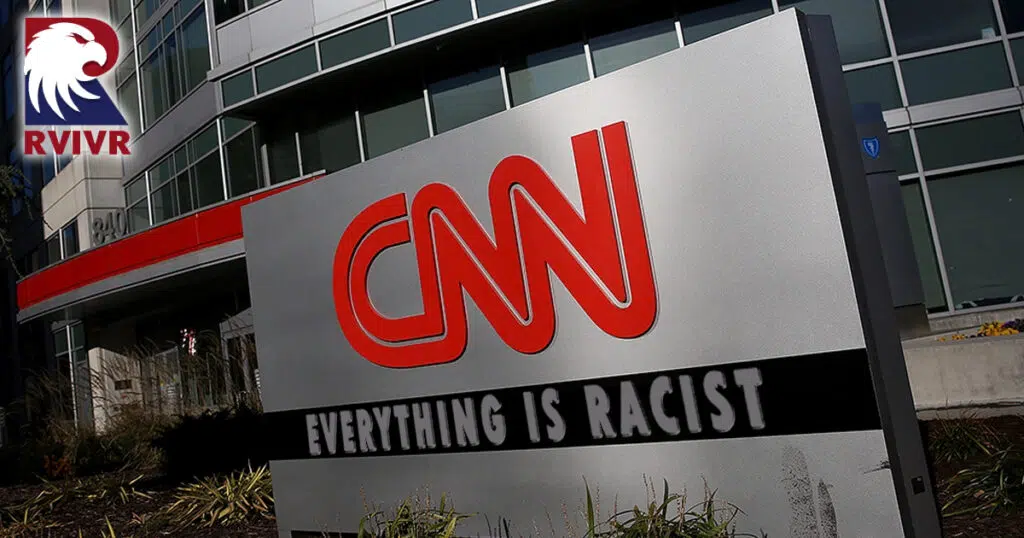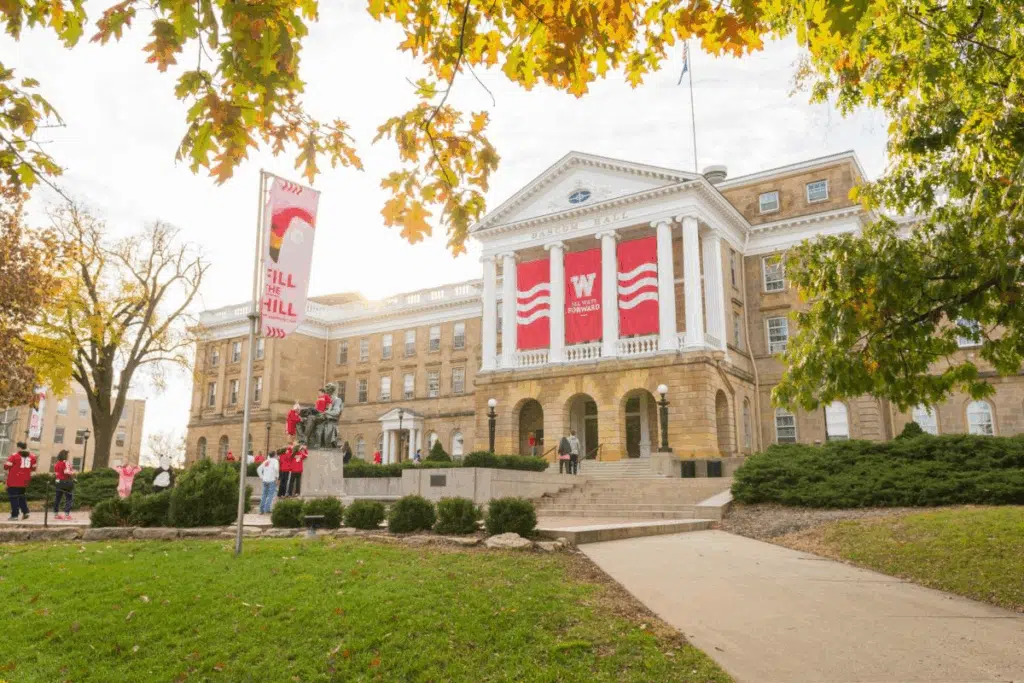
New CNN Report Warns Lottery Games Are A Form Of Systematic Racism
Lottery games, the popular recreational diversion for which anybody with a buck or two to spend can buy a ticket at a nearby market, liquor store or gas station, is a form of systematic racism, an investigative report by CNN has concluded.
The CNN piece, which ran the day after the midterms, so, during a substantial news lull, featured interviews with critics who knocked the lottery system as an unfair operation that targets poor Black and Brown communities across America.
The largest Powerball jackpot lottery ticket payoff ever was announced Nov. 7. The sole winning ticket was sold in Altadena, California, known for its predominant Black population, with the ticket holder winning a historic $2.04 billion. The odds were 1 in 292.2 million.
According to the New York Times, more than 11.2 million tickets won cash prizes in the drawing, totaling $98.1 million. In all, 22 tickets across the country matched all five white balls to each win a $1 million prize, while one ticket in Florida won $2 million by matching all five white balls and the Power Play option. There were also 225 tickets that won a $50,000 prize and another 42 tickets that won a $100,000 prize.
The researchers interviewed by CNN complained that despite the extremely low chance of winning, state lotteries still aggressively market the lottery games and sell tickets to low-income communities at higher rates. They aggressive advertising campaigns interviewees said, mislead Americans to believe buying a lottery ticket will help them quickly generate wealth.
Critics of the games have said the consequence of buying into the lottery system is that people in marginalized communities, disproportionately comprising those in Black and Brown populations, will be driven into deeper debt by an operation transferring wealth out of their neighborhoods, according to CNN’s Nicquel Terry Ellis and Justin Gamble.
Les Bernal, the national director of Stop Predatory Gambling, a nationwide nonprofit aimed at halting commercialized gambling, called the lottery a form of “consumer financial fraud” and agreed with others who characterize lottery games as a form of “systemic racism.”
According to research compiled by lottery opponents, such games are a regressive service that entice low-income groups into paying larger chunks of their budget for tickets versus their wealthier counterparts. As well, more money is spent on instant scratch-off games versus drawings like Powerball.
The CNN piece highlighted how stores selling lottery tickets are more likely to be located in the poorer communities of every state. Then, money generated from the lottery sales are often not fed back into the communities where tickets were sold, but instead to colleges and higher-income school districts.
The CNN reporters referenced a report from 1999 that noted Black Americans, high-school dropouts and low-income people played the lottery on a more frequent basis.
Lottery historian Jonathan Cohen, told CNN in the report that he disagreed with the racial angle pushed by others CNN interviewed. He pointed out lottery games often draw more players when the economy is suffering.
“And for folks who, especially Black and Brown Americans, maybe face discrimination in the traditional economy, well, the lottery doesn’t discriminate, anyone has just as terrible odds of winning,” Cohen said.



